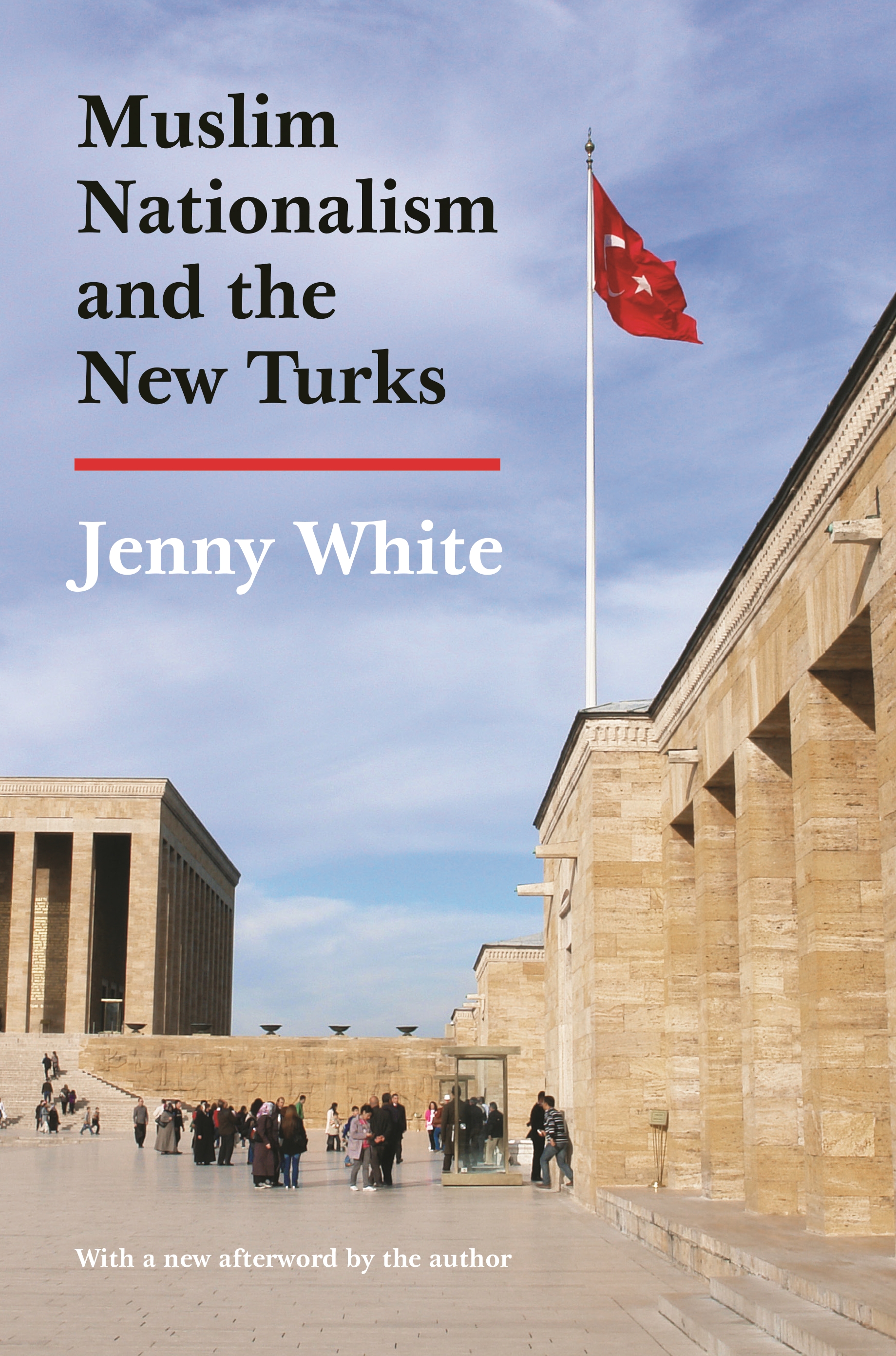Does the concept of whiteness accurately capture the multifaceted identity of the Turkish people? The reality is far more nuanced, encompassing a complex interplay of history, geography, culture, and self-perception that transcends simplistic racial classifications.
The query surrounding the racial identity of Turkish people often surfaces, particularly among those in the West where the understanding of race and identity tends to be oversimplified. This can lead to confusion. This is because Turkey stands at a pivotal juncture, geographically straddling Europe and Asia. This geographical position, combined with a rich history of cultural exchange and migration, has resulted in a population with diverse ethnic backgrounds.
| Attribute | Details |
|---|---|
| Name | People of Turkey (Turkish: Türkler) |
| Origin | The Republic of Turkey |
| Location | Turkey, a transcontinental country located in both Southeastern Europe and Western Asia. |
| Ethnicity | Diverse, with a majority of mixed ethnicities including Turkic, European, Middle Eastern, South Asian, and Central Asian influences. |
| Language | Turkish |
| Religion | Primarily Islam, with significant minorities of other religions. |
| Cultural Influences | A blend of Turkic, Ottoman, European, and Middle Eastern traditions. |
| Physical Characteristics | Vary widely, reflecting the diverse ethnic makeup of the population. Skin tones, eye colors, and hair colors encompass a broad spectrum. |
| Historical Context | Historically, the Ottoman Empire's influence shaped the region's cultural and political landscape for centuries. The empire's interactions with Europe, the Middle East, and North Africa contributed to a complex mix of ethnicities and cultural traditions. |
| Self-Identification | Varies among individuals, with some identifying with European cultural influences and others emphasizing their ties to Asia or the Middle East. |
| Genetic Background | Genetic studies show a mix of European, Middle Eastern, South Asian, and Central Asian ancestry. Data suggests approximately 38% European, 35% Middle Eastern, 18% South Asian, and 9% Central Asian ancestry, in modern Turkish populations. |
| External Perception | Varies depending on the cultural context. In the West, the perception can be influenced by simplistic racial categorizations. |
| Geopolitical Considerations | Turkey's relationship with Europe and Asia influences its self-perception and how it is viewed by the world. Turkey has sought membership in the European Union, reflecting its desire for closer ties with Europe. |
| Cultural Expressions | Turkish culture is vibrant and diverse, evident in its cuisine, music, art, and literature, which showcase its multicultural heritage. |
| Legal Status | Citizenship is determined by Turkish nationality law, which is primarily based on descent (jus sanguinis). |
| Migration | Significant migration patterns, both internal within Turkey and external to other countries, have shaped the demographics of Turkey and its diaspora communities worldwide. |
| Related Groups | Azerbaijanis, Turkmens, Gagauz, and other Turkic groups. |
| Notable People |
|
| Reference | Wikipedia - Turks |
The notion of whiteness, as conceived in the West, is often employed to categorize groups of people. This framework, however, proves inadequate when considering the Turkish experience. It glosses over the intricate history and genetic diversity inherent in the Turkish population, and indeed, fails to capture the nation's unique position at the crossroads of two continents. Such categorizations often neglect the nuanced cultural and historical contexts that shape identity.
A significant portion of the Turkish population exhibits a blend of European and Middle Eastern traits. This is the natural outcome of centuries of migration, cultural interaction, and the influence of empires. Consequently, you can find individuals in Turkey with physical characteristics similar to those in the Balkans or Southern Europe, which may mislead those in the West who rely on oversimplified racial classifications. This complexity underscores that skin tone, which is often the primary factor in determining whiteness, is only one element of identity and can’t possibly capture the whole picture.
The idea of what constitutes whiteness has also evolved through time. This is especially evident when examining Turkey's modernization efforts. The desire to be seen as a modern, European nation during the 20th century played a role in how the Turkish government shaped its national narrative, including in its education system. In some ways, the country's approach to identity has been influenced by its aspirations, its relationships with other nations, and its place in the world.
The data suggests that the Turkish population is of mixed ethnicity. Estimates, using available data on parental ancestry, indicate roughly 38% European, 35% Middle Eastern, 18% South Asian, and 9% Central Asian origins. This reflects the historical reality of the region, shaped by migrations, trade, and empires throughout millennia. Such statistics illustrate a population mosaic, with cultural and genetic influences from diverse regions.
Self-identification is a crucial aspect of identity. Individual Turks may have different perspectives on their racial classification, especially given their nation's complex history. Some may identify more closely with their European heritage, highlighting cultural influences and physical characteristics. Others may embrace their Asian or Middle Eastern roots. These views are shaped by both personal experiences and the broader context of societal narratives.
The very act of categorizing people by race can be seen as somewhat arbitrary. When considering the concept of whiteness, it becomes apparent how limiting and even misleading it can be. The concept frequently relies on skin color as a marker, but it doesn't fully reflect the intricacies of a person's genetic makeup, culture, or traditions. The Turkish experience, as with many others, shows that such simplified labels can often hide more than they reveal.
Geographically, Turkey is a bridge between Europe and Asia. This position has shaped its culture, economy, and politics, influencing how it perceives itself and is perceived by the rest of the world. This unique position creates a unique mix of cultures, traditions, and values.
In the end, the question of whether people from Turkey are white is not easily answered. Instead, it presents an opportunity to reflect on the complexities of identity, the limits of racial categorization, and the rich tapestry of the Turkish people. This identity is a combination of various cultural and historical factors, and the result is something that transcends simple classifications.



